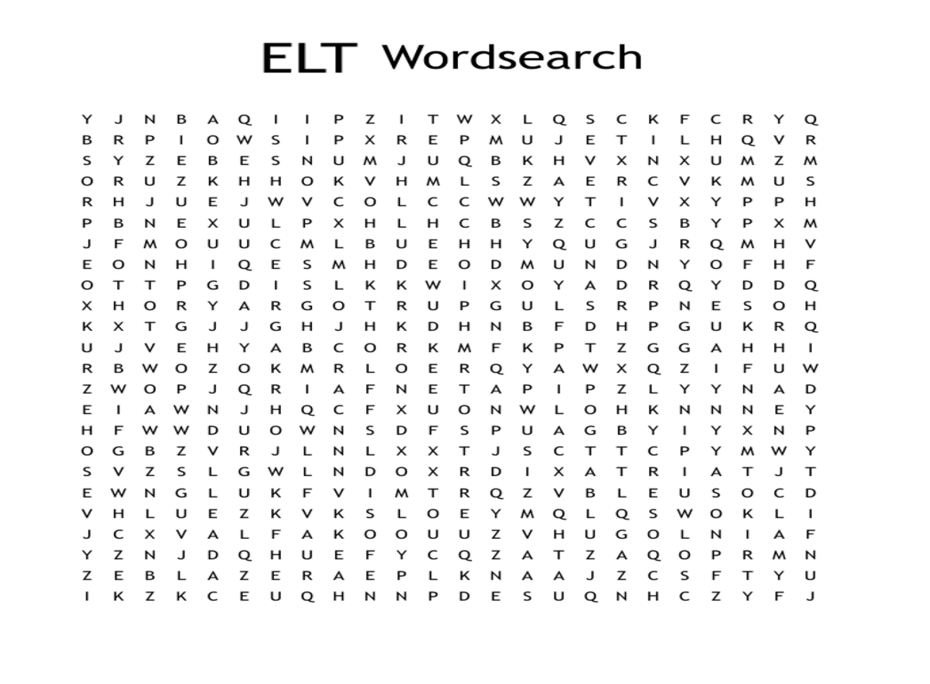Words are the building blocks of language, and when it comes to 5-letter words ending in “elt,” you’ll find a unique and intriguing collection that adds flavor to the English language. In this blog post, we’ll dive into the world of these words, exploring their meanings and shedding light on their usage.
Language is a remarkable tapestry of sounds, meanings, and patterns, and one area where this complexity often shines is in 5-letter words ending in “elt.” In this exploration, we’ll embark on a journey through the world of these unique and intriguing words, shedding light on their meanings and the role they play in our language.
Let’s see how can you be more polite and courteous by using alternate words.
SMELT
“Smelt” is a versatile verb with several meanings. It can describe the process of melting or fusing, such as when metals are smelted to extract valuable minerals. In a different context, it can refer to the act of extracting something, often information or facts.
SWELT
“Swelt” is a verb that dates back to Middle English. While it is less commonly used today, it holds a specific meaning: “to faint or swoon due to extreme heat or lack of air.” In essence, when someone “swelts,” they become lightheaded or lose consciousness, often as a result of overheating or experiencing oppressive conditions.
DWELT
“Dwelt” is the past tense of the verb “dwell,” which means to live in a place or to exist in a particular state. This word is often used to describe where someone resides or their mental or emotional state.
SHELT
“Shelt” is a term that might not immediately come to mind for most English speakers. Unlike common words with broad applications, “shelt” is more specialized in its usage. It refers to a small, rocky, or sheltered coastal inlet or cove. These are typically found along coastlines and are characterized by their secluded and protected nature.
KNELT
“Knelt” is the past tense of the verb “kneel.” It signifies the act of bending one’s knees and often has connotations of humility, reverence, or submission. People kneel in various cultural and religious contexts.
Conclusion
These 5-letter words ending in “elt” may seem simple at first glance. But they demonstrate the diversity of meanings and applications that words can have in the English language. They play a vital role in our everyday communication, allowing us to express ideas, emotions, and actions concisely and precisely.
As you continue to explore the intricacies of language, take a moment to appreciate these small yet significant words. Incorporate them into your writing and conversations, and you’ll find that they add depth and nuance to your expressions. After all, it’s the seemingly modest words that often hold the power to convey the most profound meanings.

